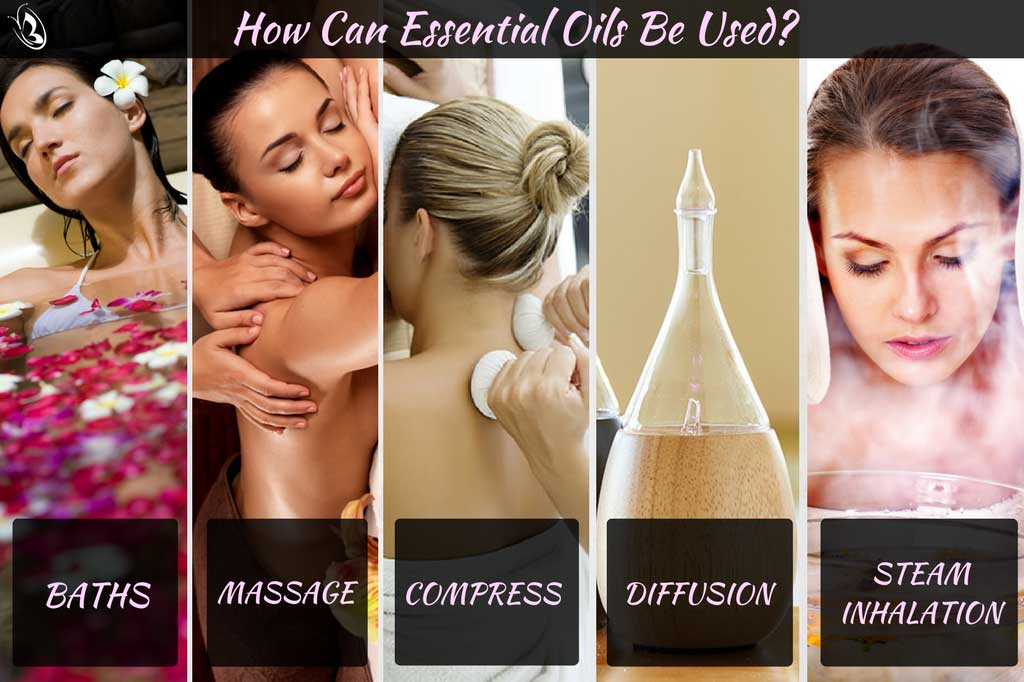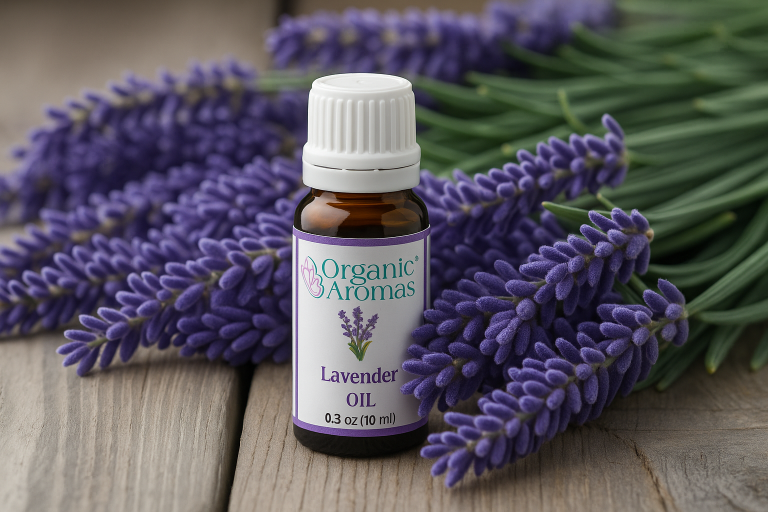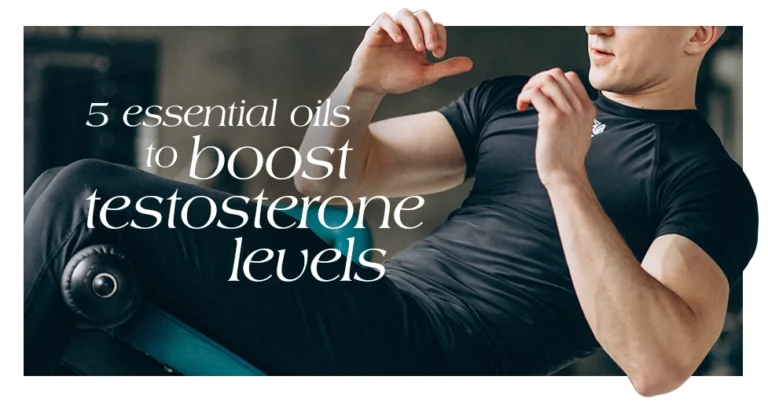Aromatherapy 101: Essential Oil Awareness
While many of you – especially if you’re on this site and frequent those like it – are aware of what aromatherapy and essential oils are, there’s just one problem: because of the quickly rising popularity of essential oils and aromatherapy, education on these matters has been slow, incomplete and really quite lax. The fact is that dealing with this type of thing when you’re not sure what you’re doing can be dangerous. Due to this, we have decided to educate our customers as best we can on the basics of the science and proper use of essential oils in aromatherapy. Let’s go!
What Are Aromatherapy And Essential Oils?
Aromatherapy – also called Essential Oil Therapy – is, essentially, the art and science of utilizing naturally extracted aromatic essences, often derived from plants, flowers and trees to bring balance and harmony, as well as promote the health of your body, mind, and spirit. This type of therapy tends to be caring and hands-on and seeks to induce relaxation, stimulate or accomplish a specific therapeutic goal. It has become known as a more holistic approach to health care concepts that encompass the mind, the physical body, and the spirit.
Essential oils, the essences derived from these plants via distillation, expression, solvent extraction, maceration, or enfleurage are volatile, potent and evaporate quickly. Only natural essential oils may be found useful in therapy. The uses these oils have in therapy vary widely. For instance:
- Tea tree oil: Useful for bacterial, fungal, and viral infections
- Peppermint: Useful for headaches, fever, nausea, and fatigue
- Lavender: Useful for minor burns, insomnia, pain relief, and the caring of wounds
- German chamomile: Used for inflammatory skin problems
- Bergamot: Acts as a mild antidepressant and a tonic
- Rosemary: Acts as a stimulant and anti-infective agent
- Eucalyptus: Useful for respiratory infections
- Ginger: Useful for nausea and inflammation
- Lemongrass: Acts as an insect repellent and an anti-septic
- Mandarin: Useful for upset stomachs and restlessness, particularly in children
Essential oils should be stored in dark glass containers, with tight-fitting lids, and kept away from heat and light sources. They are intensely concentrated, and therefore can and often should be diluted before use. This can be done by adding the essential oil into a carrier oil, such as almond oil, avocado oil, jojoba oil, or olive oil. They may also be diffused into the air pure, often after having added water, a carrier oil or grain alcohol.

How Can Essential Oils Be Used?
There are a few ways in which essential oils can be used; keep in mind, however, that they should never come in contact with the eyes, and if coming in direct contact with the body be sure they are properly diluted before use. Common methods of using essential oils in aromatherapy are:
- Baths (Full, foot, and sitz)
- Massages
- Compress
- Diffusion
- Steam Inhalation
Safe Uses of Essential Oils
For adults, the dilution for aromatherapy would be 2% – that’s 40 drops of essential oil to 100ml of carrier oil! You may only need as few as 6-8 drops in a bath and perhaps 3-6 drops in a bowl of warm water for a compress (rung out in a washcloth) or for steam inhalation.
For internal use, certain oils can be used topically – if done so carefully! There are a few critical points to consider before topical use, in order to do so safely.
- It’s important to know your essential oil supplier well. This allows you to be confident in asking where the oils come from, how they’re processed, and what is inside them. Proper testing at an international laboratory for chemicals, preservatives, contaminants and biological impurities or an expensive gas chromatography and mass spectrometry (GCMS) report can be very important; this helps to ensure that no adulteration has taken place.
- Because essential oils are so concentrated, a little goes a long way. Often, when there is a reaction happening, too much use, too often, for too many things is the culprit. Use these in moderation! Essential oils work much better and more safely when they are diluted or when exposure is strictly controlled – so less really is more with these.
- You must be informed about the person you’re using aromatherapy on and if they have been taking any medications, or using a topical prescription; You need to be aware of their medical history and about anything that may have or cause an interaction with the essential oils. Everyone’s body is different and your subject may have an allergy or sensitivity you are not aware of. Not understanding or not getting this information is a root cause of injury when using essential oils in aromatherapy, so always be careful and aware! Learn more about essential oil safety.




Very interesting.
Muchas gracias. ?Como puedo iniciar sesion?
I love the graphic at the end of the article! Nice and easy break down. The article builds trust in the company ?
I have used essential oils and diffusers for a long while in my home. The quality of products and customer service of organic aromas exceeds any other company I’ve dealt with. I appreciate the informative/interactive blog component of your site as well. *Enjoying tea tree diffusion as I type and look at blog archives!
These oils are of so high quality and help me tremendously. Thank you for all the info!
New the essential oils world! thanks for all the info!
would love to know which oils are safe to diffuse around my Chihuahua!
I enjoy using essential oils in a difuser, mostly for the fragrance, and am just learning about the actual healing properties of them.
Though I am an yavid user of essential oils, for some reason I have never been too fond of the aroma of Lavender. I recently found though, with essential oils, it is totally different than with the synthetic or chemical smell of lavender. And so therapeutic! I have been using essentials for awhile, in many ways. but now adding lavender essential oils to the bedroom has done wonders for my sleep habits.. it has enhanced calming soothing sleep.. and made me feel as if I slept longer than I did. LOVE essential oils!
Absolutely in love with the powers of essential oils.
Love this technology!
Useful information, thanks
One of the better sites on essential oils and usage. Thank you!
Aromatherapy is all about using a pure & natural product for mental & physical wellbeing.
Us humans love beautiful smells – well most of us anyway! You only have to walk around a shopping mall to see just how many stores sell products that smell good.
As a private music teacher, I’ve used them for years to ensure my pupils are both relaxed & inspired. Maybe schools should use them too!!
And by the way, this blog is one of the best references for aromatherapy I’ve seen – whether you’re a beginner or an expert.
i am new to oils so i enjoy learning interesting things about them. Right now my favorite oil is TEA TREE. I have found a lot of uses for it.
thanks! i needed this info 🙂
Liebe liebe liebe the various uses of essential oils. I’m so pleased with my Rain drop diffuser and your special blend oil…Amazing.
Such great info! I’m really loving my diffuser and oils and have been becoming more familiar with diffuser by playing around and trying a little blending of water, oil etc to tailor it to my needs & I can’t thank you enough for helping out with all of my questions and queries, wonderful customer service!
Thanks for the great info 🙂
Excellent and informative! Thank You
Love this product, along with excellent customer service. I have 4 and would not want to ever live without one.
#organicaromas.com
Lots of good information.
Great read for non-essential oil users. Great essential oil uses.
Thanks so much for all the info! I can’t wait to be entered into the drawing<3
Helpful information. Thank you!
very informative
Great article. Love the simple chart breakdown of what the oils can be used for. Nice to reference. Thanks.
I am new to essential oils and have been researching a lot over the past week or two. I am so impressed with the findings of Dr. Young and am now an ardent follower of his research.
The potential for essential oils to be used in our modern-day society is overwhelming, but as the Spanish say: “Poco a Poco.” I am so much looking forward to making application of what I am learning. I can’t learn enough fast enough!
So thank you to Organic Aromas for taking on the challenge of educating us more in the field of Essential Oils.
Excellent reference. Very informative.
Great article, thank you!
Thank you for sharing the delights of essential oils. I use them to help digest food, give me a feel good lift, to take me back to past memories, and because l really, really enjoy them. They are incredibly therapeutic. Looking forward to receiving your products!
Thanks for sharing! Informative as always 🙂
Thank you so much for sharing your vast knowledge of essential oils. This was very informative and has given me a better understanding of essential oils.
Thanks for sharing all these great uses.